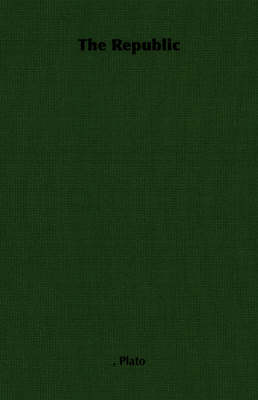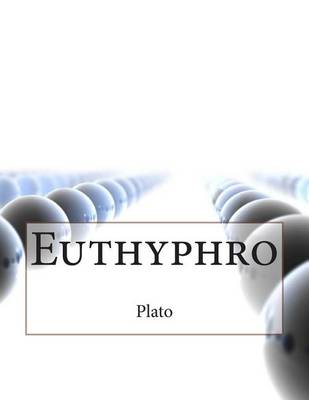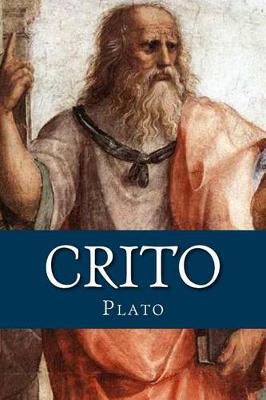BCP Greek Texts
4 total works
This volume, first published by Oxford University Press, was intended to introduce students with a modicum of Greek to those Plato dialogues concerned with Socrates immediately prior to his execution. It presents the whole of Apology and Crito, along with selections from Phaedo. They appear partly in the original Greek and partly in translation. The texts are supported by annotation and by a Greek vocabulary.



